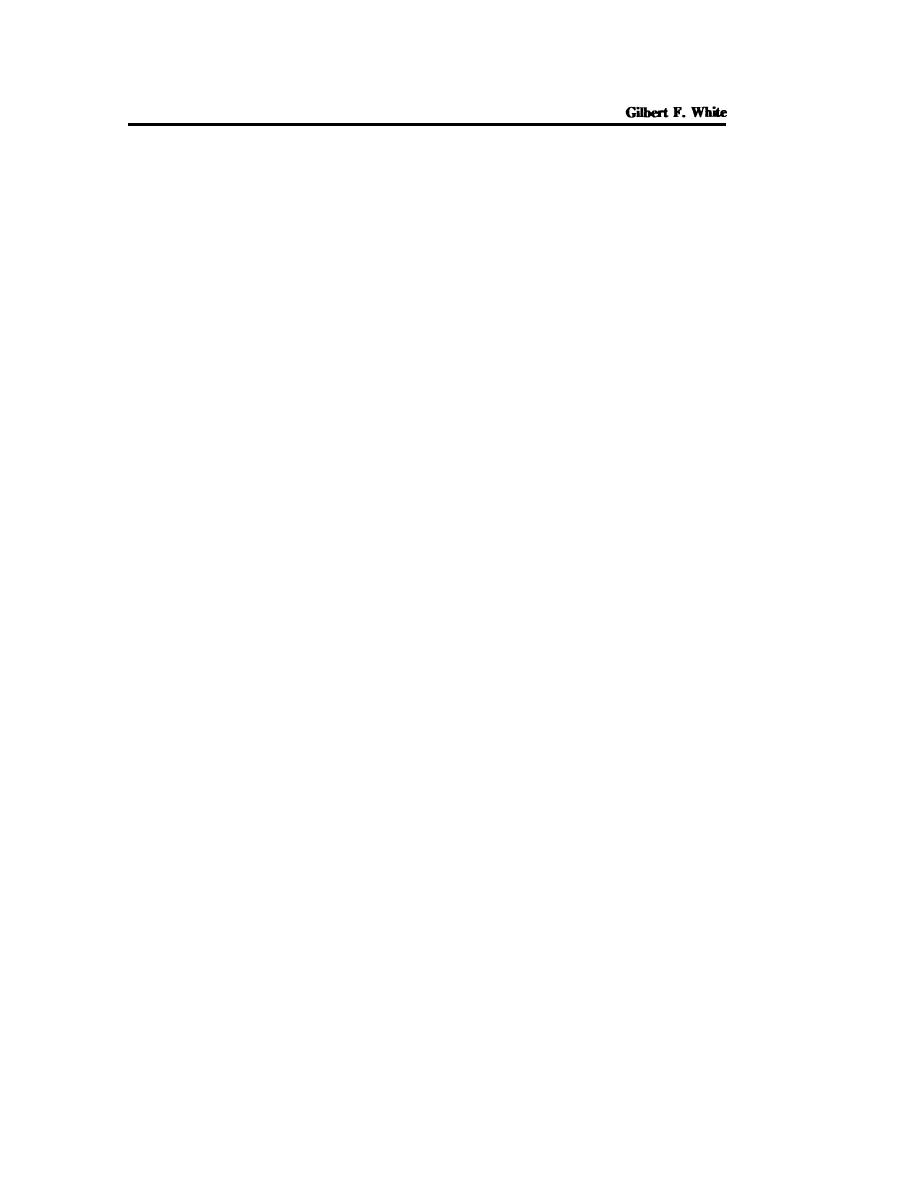
director of the Budget. The Legislative Division looked at anything that went
over to the President's desk that involved proposed legislation, any proposed
executive order, or any report to Congress. It typically reviewed these items
with the notion that it would request the author of the item to state at the
conclusion of the report that it is or is not "in accord with the program of the
President. " Harold Smith, who then was director of the Budget, used to go
over and see the President every day when the President was in town. He
would typically take over a batch of papers from all parts of the Budget;
always some from the Legislative Division. The latter typically provided the
President with a summary of the proposal in one or two pages and stated the
options. In effect, they said we want your approval to say it is either in
accord with your program or not in accord with it, or to suggest alternative
action. The same procedure applied to signing or vetoing congressional
legislation. The President ordinarily would read these and the next day when
Smith came back he would say or write OK or no or respond with a question.
Much of the material that went out then simply said this is in accord with the
program of the President. If it were not, some of it could be disapproved in
a straightforward way. Other parts would present problems that the Bureau
of the Budget could try to grasp and reconcile.
Q: Later on, talking about after 1965, evidently people in the Bureau of the
Budget had no particular love for the Water Resources Council that was set
up in the '65 act, partly, I suppose, because they felt that they could handle
these kinds of matters themselves. They didn't need a WRC to help them.
Was there any similar animosity on the part of the Bureau of the Budget
toward some of these New Deal agencies that you'd been associated with in
the 1930s? Maybe the Bureau of the Budget didn't think those agencies were
necessary either?
A: Not that I recall at that time. You recollect that the Executive Office of the
President was a new institution that Louis Brownlow had engineered. It had,
under Harold Smith, very much a sense of mission of being a coordinated,
integrated group. It was fiercely proud of the small number of personnel that
were involved. I doubt if there were more than 50 professional people in the
bureau at that time. The standard operating procedure under Harold Smith
and Fred Lawton and Fred Bailey was to get other people to do as much as
you can.
21



 Previous Page
Previous Page
